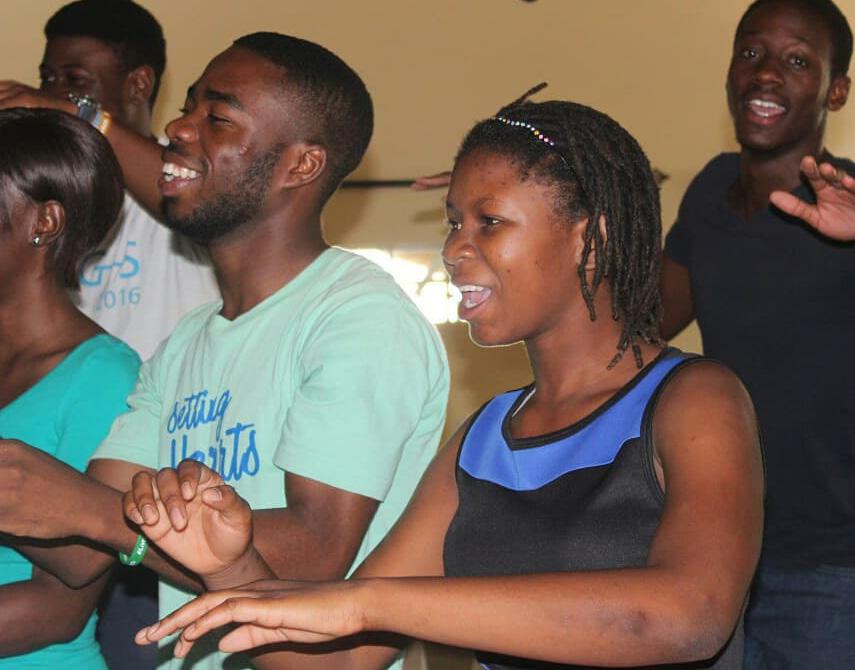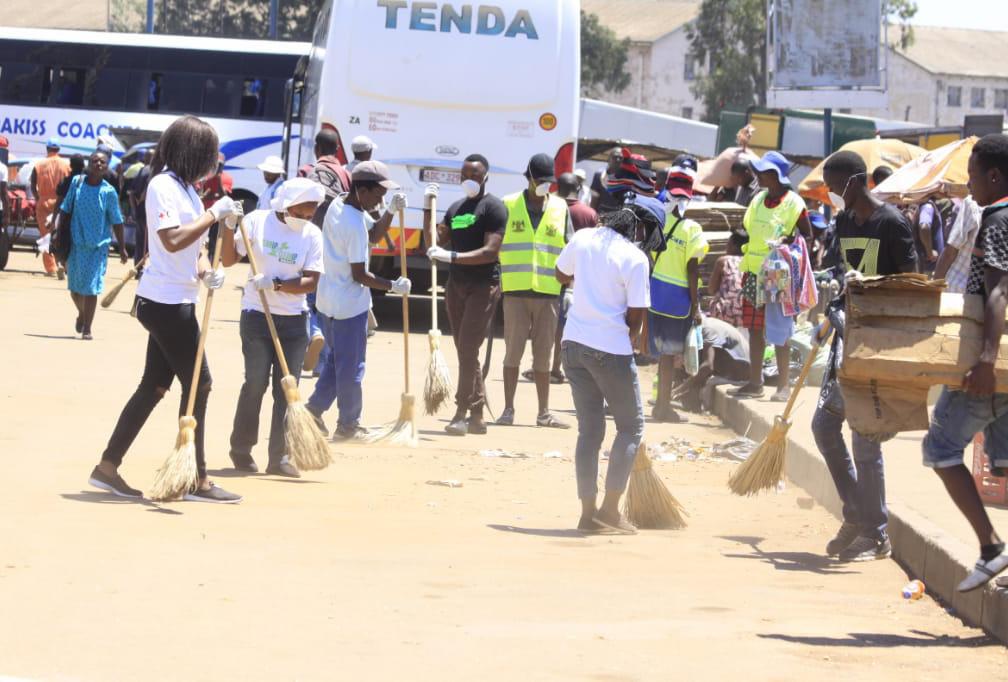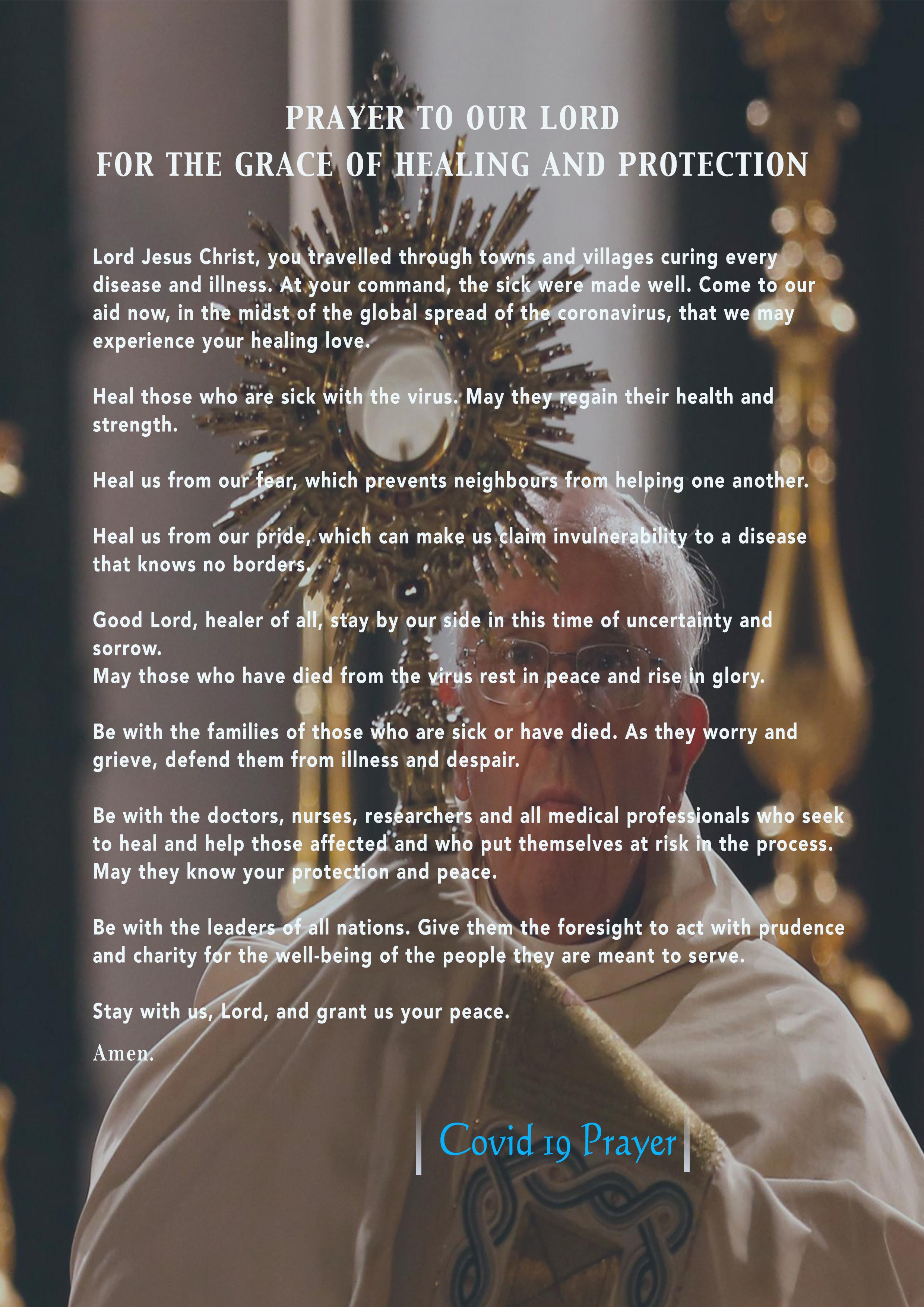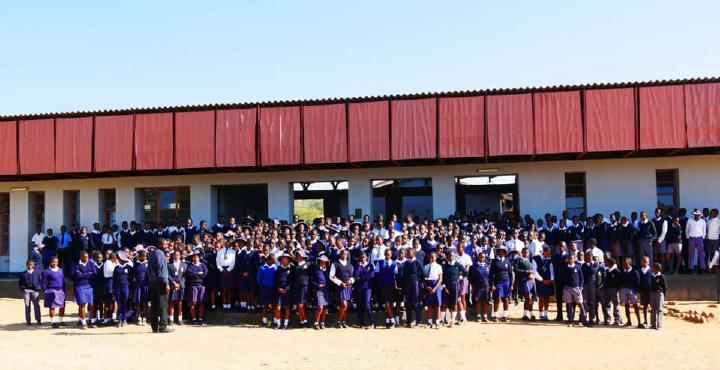
8 minute read
Universal Apostolic Preferences -Fr Emmanuel Kaparasa SJ
Fr Emmanuel Kaparasa SJ
Advertisement
Companies have Vision Statements that describe what they desire to be and achieve for a specified period of time. Accordingly, the Society of Jesus has four Universal Apostolic Preferences (UAPs) that can be taken as its Vision Statement for the next ten years, although the mission of the Jesuits is broader than these UAPs. The Society of Jesus is inviting all people of good will, its collaborators, and Jesuits around the globe to pay particular attention to the UAPs. They have the potential to transform and re-create our attitudes and inner lives; the way we do things and the state of our being in the world. I would like to offer a reflection on these UAPs and also suggest some ways of responding to them as individuals and institutions. 1. To show the way to God through the Spiritual Exercises and Discernment. Under the Principle and Founda
tion in his Spiritual Exercises, St Ignatius Loyola highlights that, “Human beings are created to praise, reverence, and serve God our Lord, and by means of doing this to save their souls…” (Spiritual Exercises #23). St. Ignatius realizes that human beings were/ are created by their Creator and Master, who endows them with a mission so that they may be united with Him at the end of their lives on earth. From the perception of the Principle and Foundation, God is placed at the center of the ‘being’ and ‘doings’ of humanity. It makes perfect sense then that the first UAP focuses on showing others the way to God through the Spiritual Exercises and Discernment. Just as our physical bodies require some exercises to keep fit, our souls, through Discernment inspired by the Spiritual Exercises, need to keep fit. Today more than ever, the way to God does not seem apparent, and in some instances, His presence has been questioned. It would not be surprising to find people who ask Jesus like Thomas, “Master, we do not know where you are going; how can we know the way? (John 14:4b). Is the way to God well-defined today for all in the midst of the mess in the world, the chaos, corruption, the 2019 experience of Cyclone Idai in Zimbabwe, Mozambique and Malawi and today the COVID-19 pandemic? The Society of Jesus thus seeks to show the way to God amidst all these changing and challenging circumstances through the Spiritual Exercises and Discernment. Recollections, tridua, retreats, workshops, and talks ought to be intensified for the next ten years for the formation and renewal of individuals, parishes and their subdivisions like zones and sections as well as various institutions in view of the UAPs within the Ignatian spirituality and tradition. As such Jesuits and their collaborators need to live up to the suggested notion that, “we want to accompany people as they discern complex choices in the social, economic, cultural and political spheres” (jesuits.global: Universal Apostolic Preferences). For his part, Pope Francis, in ratifying the preferences, commented that the first preference, with its focus on God and spirituality, is primary – ‘without this prayerful outlook, the rest doesn’t work’
(Phillip Endean, 5) 2. To walk with the poor, the outcasts of the world, those whose dignity has been violated, in a mission of reconciliation and justice. In our world today the gap between the poor and the rich continues to widen, and walls around our houses continue to ‘grow’. A culture of consumerism, individualism and separatism has now become the order of the day. This UAP invites us all to be the voice of the voiceless in our communities and our countries. Although Jesuits are already known for their ‘option for the poor’, for the next ten years, an invitation is being made to deepen the process of humanizing those that have been dehumanized by systems and individuals. It is a call to cherish again the Image of Him who created us all to be respected in all by all. We are reminded by this UAP of the book by Paulo Freire, Pedagogy of the Oppressed of 1968, which seeks to restore the humanity of both the oppressed and the oppressor. So something has to be done, and it begins with me and you, as

in the parable of the Good Samaritan, in which Jesus is always sending every one of us ‘to go and do likewise’ the most charitable thing (Luke 10:37). It is paramount to look around and be conscious of the circumstances of others and then ask oneself how can to improve other people’s livelihood. How can I assist in the redemption of others? How can I be like Jesus in giving life to others? Who do I vote for? Am I aware that I am partly responsible for the actions of those whom I vote for? 3. To accompany young people in the creation of a hope-filled future. In Christus Vivit (Christ is Alive), the Post-Synodal Exhortation on the ‘Synod on Young People, Faith and Vocational Discernment’, 3-28 Oct 2018), Pope Francis asserts that, “Christ is alive! He is our hope, and in a wonderful way he brings youth to our world, and everything he touches becomes young, new, full of life. The very first words, then, that I would like to say to every young Christian are these: Christ is alive and he wants you to be alive! He is in you, he is with you and he never abandons you. However far you may wander, he is always there, the Risen One. He calls you and he waits for you to return to him and start over again. When you feel you are growing old out of sorrow, resentment or fear, doubt or failure, he will always be there to restore your strength and your hope” (#1&2). I think the Society of Jesus is spot on with the Pope in trying to accompany the young people to realize that if Christ is alive, then they are alive as well since He lives in them. A person robbed of one’s hope-filled future is a person robbed of one’s life. What then is our call in light of the young people? Is there anything that I can do for and with them? In order to meet the demands of this Third UAP, Jesuits are inviting adults to join in accompanying the youths to discern good possibilities for life and to discover their inner calling amidst the turmoil of the world today. Pastors ought to establish useful relationships with the young people, and parents with their children. Can more be done? Although young people are different from the older generation, they are not a threat that has to be admonished always, but rather they are a generation that needs to be appreciated and guided with respect for their dynamism and diversities. As adults, in accompanying the young people, are we ready to learn more about the youth related challenges, problems and realities so that we can accompany them effectively? Adults should prepare them-
selves through workshops to offer appropriate accompaniment the young people in creating a hopefilled future.

4. To collaborate in the care of our Common Home. Pope Francis’ encyclical Laudato Si’, which resonates with many of us, observes that, “the earth, our home, is beginning to look more and more like an immense pile of filth. In many parts of the planet, the elderly lament that once beautiful landscapes are now covered with rubbish [….] Frequently no measures are taken until after

people’s health has been irreversibly affected” (#21). When God finished the work of the initial creation, he saw all that he had created as very good (Genesis 1:31). I wonder if God can still say the same today. Can we confidently say we have been responsible stewards who are conscious that they have to hand over this common home to future generations? Handing over, yes, we shall do, but in what kind of a state?
Accordingly, this UAP invites us all to dialogue and find ways of re-building, conserving, protecting and cleaning our common home for her to be habitable for those who will come after us. Let us take responsibility, re-cycle trash, conserve energy, use environmentally friendly energy sources and other eco-friendly products. There are, on the one hand, simple practices that individuals have to be aware of such as paying attention to how much water one uses to brush teeth, take a bath (I am in no way against bathing), wash a car, switching onand-off electrical gadgets appropriately. On the other hand, how can our communities, schools, parishes and institutions initiate some good practices in relation to our common home, such as separation of unwanted materials in view of re-cycling waste? How as individuals and collectively can we challenge the ‘throwing away culture’? In the end let us continuously ask ourselves about the state of the habitat we are going to hand over as our common home to our children and grand children.
In a nutshell, as we reflect and attempt to implement these four Universal Apostolic Preferences of the Society of Jesus for the next ten years we must constantly ask: What is my contribution, and what is going to be my contribution? If these UAPs are closely analysed, one can come to the conclusion that they call us to some conversion. They are not just telling us what to do but rather they go further to invite us to a certain way of being. Our ‘being’ in the world can be different if we follow them with conscientious love of God and neighbour.










